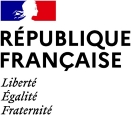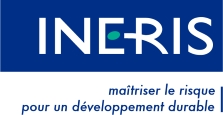The DOW Company has developed a range of products for the production of linings of food cans whose formulation is free of bisphenols (BPA, BPS, GMP, ...)1 : the CANVERATM Polyolefin Dispersion.
This technology consists of an aqueous acid-modified polyolefin2 dispersion. According to DOW, these polyolefins in dispersion, with the addition of a crosslinking agent, form on heating a resistant coating.
CANVERATM Polyolefin Dispersion products are compatible with the Regulation EU No. 10/2011 relating to plastic materials and articles intended to come into contact with food. Moreover, coatings based on the CANVERATM technology met the specifications of Regulation 1935/2004 applying to materials and articles which, in their end product state, are intended to come into contact with foodstuffs or with water for human consumption.
To date, we have no element to compare performances of coatings of food cans made of epoxy resin and those based on CANVERATM Polyolefin Dispersion.
Cans with the CANVERATM Polyolefins Dispesion system are already sold on the European market (the Metlac company uses the CANVERATM technology to produce beer cans coatings marketed in Europe)3.
According to the DOW Company, the transition to coatings based on CANVERATM Polyolefin Dispersion does not require any change on the metal can manufacturing lines already in place.
According to DOW, this technology implies an extra cost but its global cost still remains competitive compared to BPA-free products already on the market (“BPA-NI”4 products).
1 And epoxy resin, styrene, epichlorhydrin and melamine
2 synthetic saturated aliphatic polymer with the general formula -(CH2-CRR')n-, R et R' can be hydrogen atom (H) or alkyl apolar radicals CH3, CH2-CH3, CH2-CH(CH3)2
3 http://www.metlac.com/tecnologia/?lang=en
4 Unintentional Bisphenol A
Information: information provided by the DOW Company - http://coatings.dow.com/en/products/canvera

